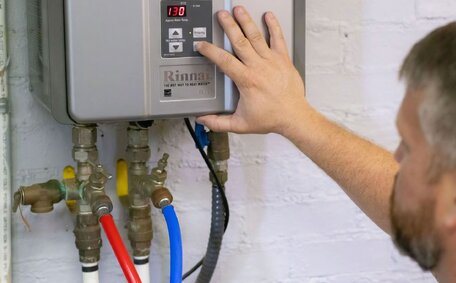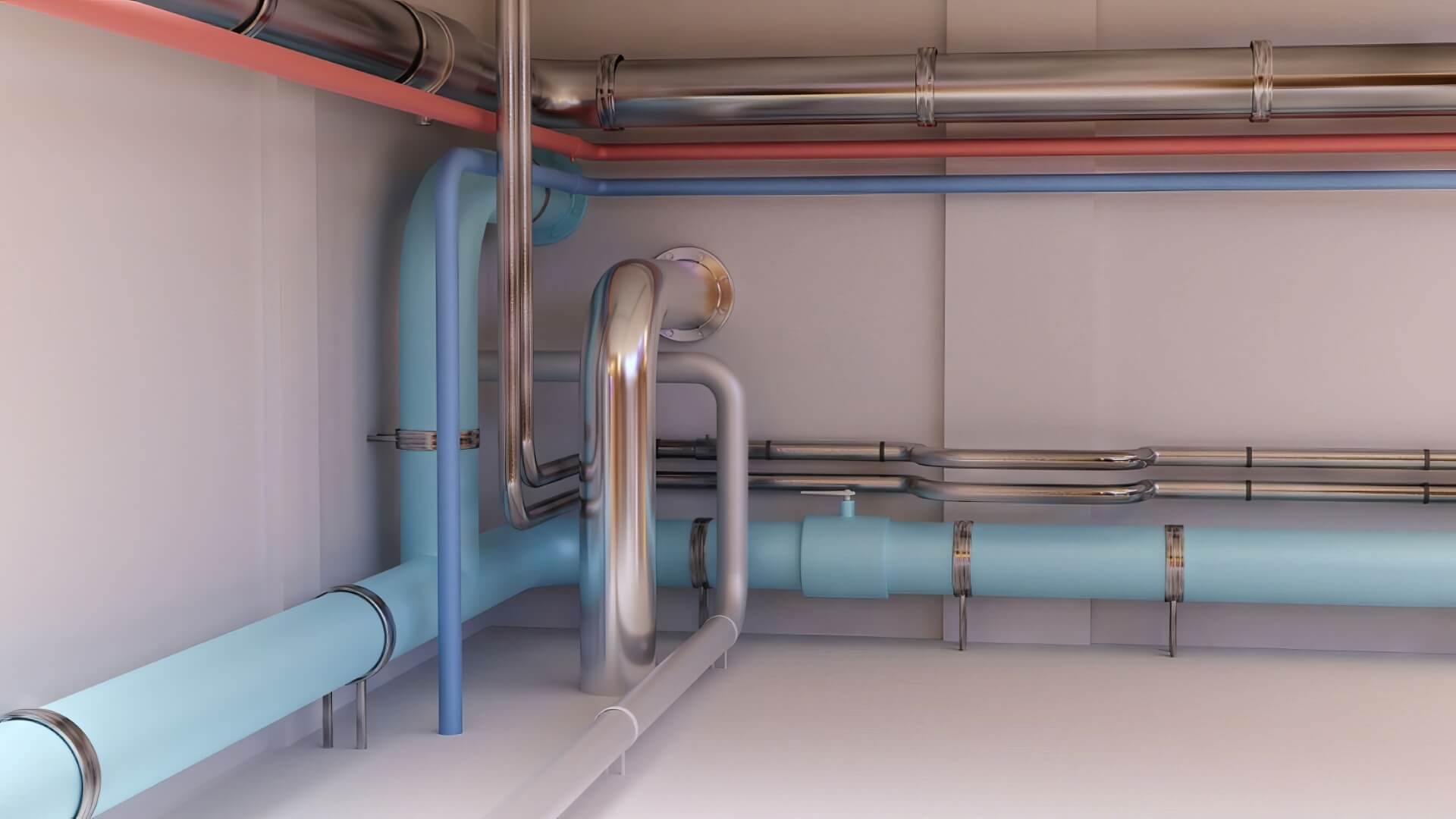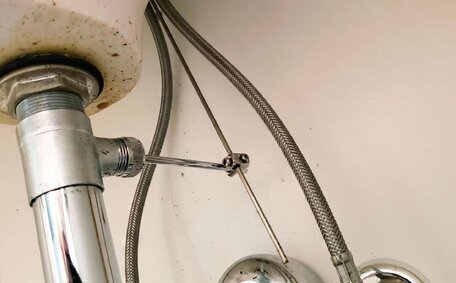Introduction to safe drain practices
To prevent clogs and contamination, be mindful and ensure pet waste or other inappropriate items are never put down the drain. Improperly disposed items like fats, oils, grease, and harsh chemicals can clog your supply network and create significant issues. Food particles, hair, and other debris can create accumulations leading to major blockages in our wastewater systems.
If you’re uncertain about what to put down the drain, avoid risks by seeking alternative disposal methods. Only human waste, toilet paper, and mild soaps should be put down your toilets to avoid the risk of sanitary products and other materials that could damage your plumbing.
Dispose of waste properly, avoiding disposal of kitchen items down the drain by using local recycling centres or composting food scraps. Dispose of chemicals and other hazardous items through special collection services to guard against blocked drains and protect your plumbing.
Adhering to these guidelines will keep kitchen drains and bathroom pipes clear, reducing the likelihood of clogs. It also prevents toxic materials from harming our water supply and avoids build-up in your kitchen sink. We can all do our part to maintain efficient, environmentally-safe household drainage by making good choices about what should go down your drains.
Household items that commonly clog drains
Household items such as cotton buds can cause clogged pipes if they are washed down drains. Refrain from disposing of these items down any drain:
- Oils grease, like cooking oil and bacon grease, may seem liquid at first but can clog pipes when they solidify.
- Egg shells - They break down slowly and can get stuck in pipes over time.
- Coffee grounds - Coffee grounds compact and accumulate easily, making them one of the worst drain clogging culprits.
- Food scraps - Items such as pasta rice can absorb water, swell up, and can cause clogs as they stick to pipes.
- Hair - Loose hairs in your shower can wash down and drain can create tangles and block water flow.
- Paper products - Paper towel, tissues, napkins, and wet wipes won’t break down if flushed down toilet and can snag on pipes.
- Cat litter: Its clay composition absorbs moisture and can solidify, leading to stubborn blockages inside your pipes.
Avoid using hot water or baking soda to clear drains; properly dispose of waste to prevent clogs. It’s best to scrape plates, collect crumbs, and throw them into the trash rather than risking clogs by rinsing them down the drain. Sink strainers assist in trapping debris before it can enter the water system and cause blockages.
Alternatives for safe waste disposal
Food Waste Composting
Composting is the most environmentally friendly method to turn waste into compost and is the safest way to dispose of food scraps. Fruit and veggie peels, coffee grounds, eggshells and more should go into the compost instead of ending up in the kitchen sink, utilising either backyard compositions or council pick-up services.
Using a compost bin diminishes landfill contributions and enriches garden soil, benefiting the environment and homeowners alike. Consult your local council for potential subsidies on compost bins. Layer suitable food waste in your compost bin, as some items may deplete its energy.
Safe Chemical Disposal
Refrain from pouring bleach, acids, solvents, or cleaning products into your drains, as they are harmful to water systems. Contact your local hazardous household waste disposal centre to ensure you properly dispose them and keep them away from the trash. Make sure to read labels and never mix chemical products.
Take advantage of municipal chemical drop-off events for the responsible disposal of items like motor oil. Safely transport substances in clearly marked containers to these supervised sites. It only takes a small amount of hazardous substances before water can become contaminated and pollute waterways for years.
Protect your plumbing system by ensuring hazardous liquids and materials are disposed of correctly, not down your drains. Look for natural product alternatives that are safer for water systems whenever possible.
Preventing clogs with screens and strainers
Installing screens and strainers in sinks and drains is an effective preventative measure against clogs. They are available in various shapes and sizes to trap food particles, hair, and debris before going down the drain.
Sink Strainers
Sink strainers use filters with small holes, placed in the drain catch basin, to trap debris while allowing water to flow through. It’s essential to prevent specific items from entering sinks and to clean strainers regularly to avoid drainage issues.
Drain Screens/Hair Catchers
Shower and bathroom sink drain screens are designed to catch hair and soap residue, ultimately helping to properly dispose of them before they can cause blockages. Main types include:
- Removable plastic hair catchers - Sit on top of drain holes to trap hair. Must be cleaned frequently.
- Stainless steel 'hair snakes’ are permanent fixtures that bend to effectively remove hair build-up.
- TubShroom drain protectors, designed to ensnare debris around a tub drain, maintain unobstructed water flow.
No strainer or screen is 100% clog-proof but can easily reduce build-up substantially when used in your sink. Install fixtures in problem drains and remember to thoroughly clean all your strainers regularly to prevent build up.
When to call a professional
Although plungers or drain snakes can clear minor clogs, recognising when to seek professional assistance is crucial. Contact Glenwood Plumbing on 1300 349 338 or at [email protected] for assistance if you experience any of the following:
- Complete blocked drains episodes that do not clear with plunging or snaking.
- Frequent or recurring clogs in problem drains.
- Gurgling drains accompanied by sewer gas odours.
- Leaking pipes, persistent dampness, or water spots on walls or ceilings.
- Overflowing toilets or drain backups.
- Slow, sluggish drain water flow.
- Cracks, corrosion, or misalignment of pipes.
Attempting thorough drain cleaning without the right equipment or expertise can worsen the issues. At the first sign of major blockages, leaks, or drainage system damage, contact the professionals at Glenwood Plumbing. Our skilled team has the tools and know-how to diagnose problems and get your plumbing back in working order.
Protecting drains and the environment
Incorrect disposal of waste in kitchen drains leads to clogs, strains garbage disposal systems, and contaminates wastewater. Hazardous chemicals, grease, and debris entering residential drains can lead to contamination of both wastewater and waterways. Even small amounts of hazardous liquids poured down kitchen drains can end up contaminating rivers and oceans for years.
We all have a shared responsibility to keep our environment protected by practising safe and sustainable waste disposal methods. Simple daily actions, such as discarding items or not rinsing food scraps down the drain, make a significant difference. Municipal composting programmes offer earth-friendly alternatives to sending food particles into water systems.
Responsibly disposing of household chemicals and ensuring leftover paint down the sink is dealt with correctly is equally important. Check for local hazardous waste drop-off days or facilities to properly handle corrosive, combustible and toxic liquids. Ensure that substances are never poured down your home drains or mixed with other materials improperly.
At Glenwood Plumbing, environmental stewardship is integral to our work ethic. We use eco-friendly products and processes while educating customers on maintaining the health of local water ecosystems. Partnering with us for your plumbing needs supports sustainable practices throughout Sydney.
Adopt habits that safeguard your plumbing and the environment by preventing harmful waste from entering drains. Dispose of garbage appropriately and seek professional help if your pipes require attention. Together we can reduce contamination and keep our shared waterways clean for future generations.






